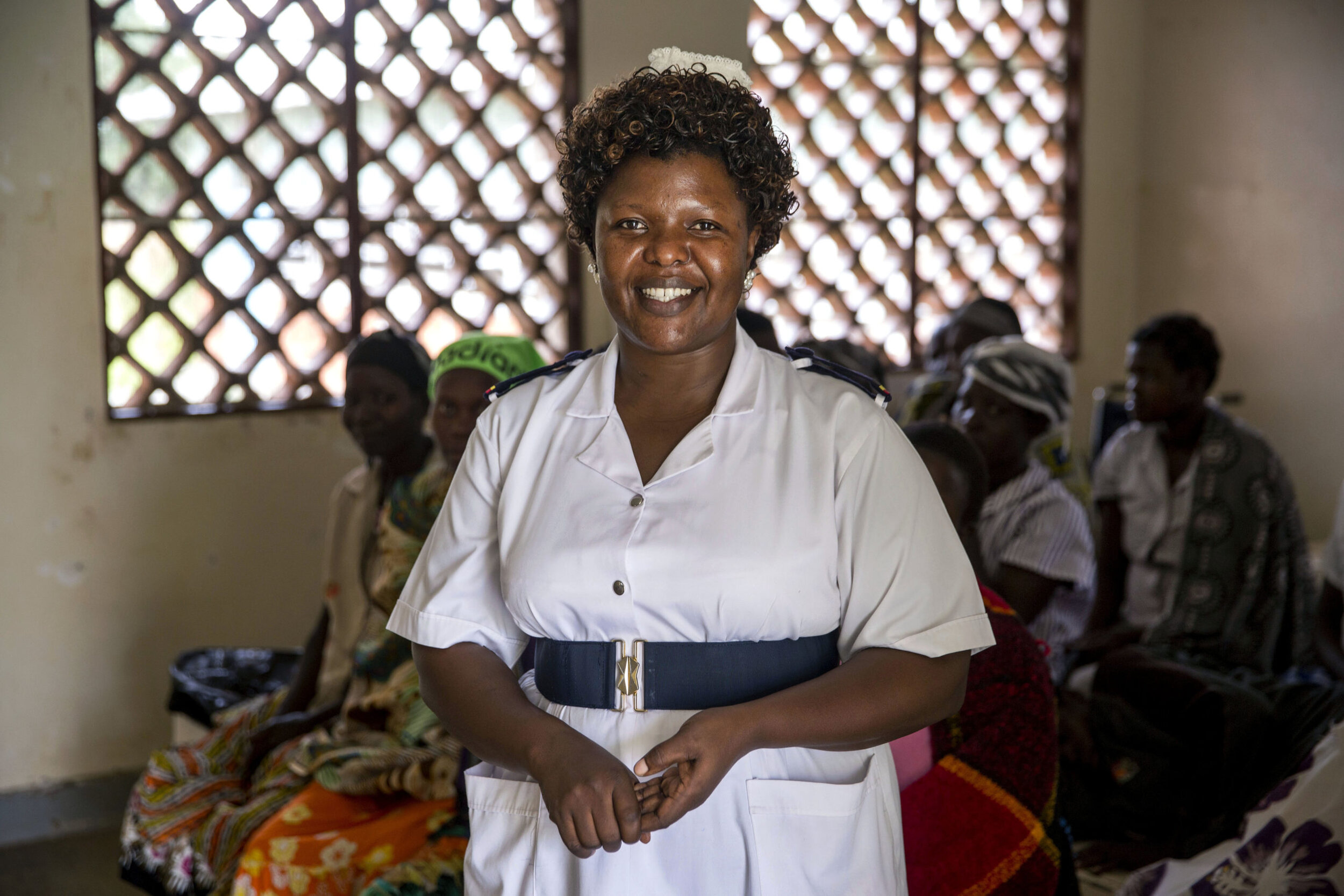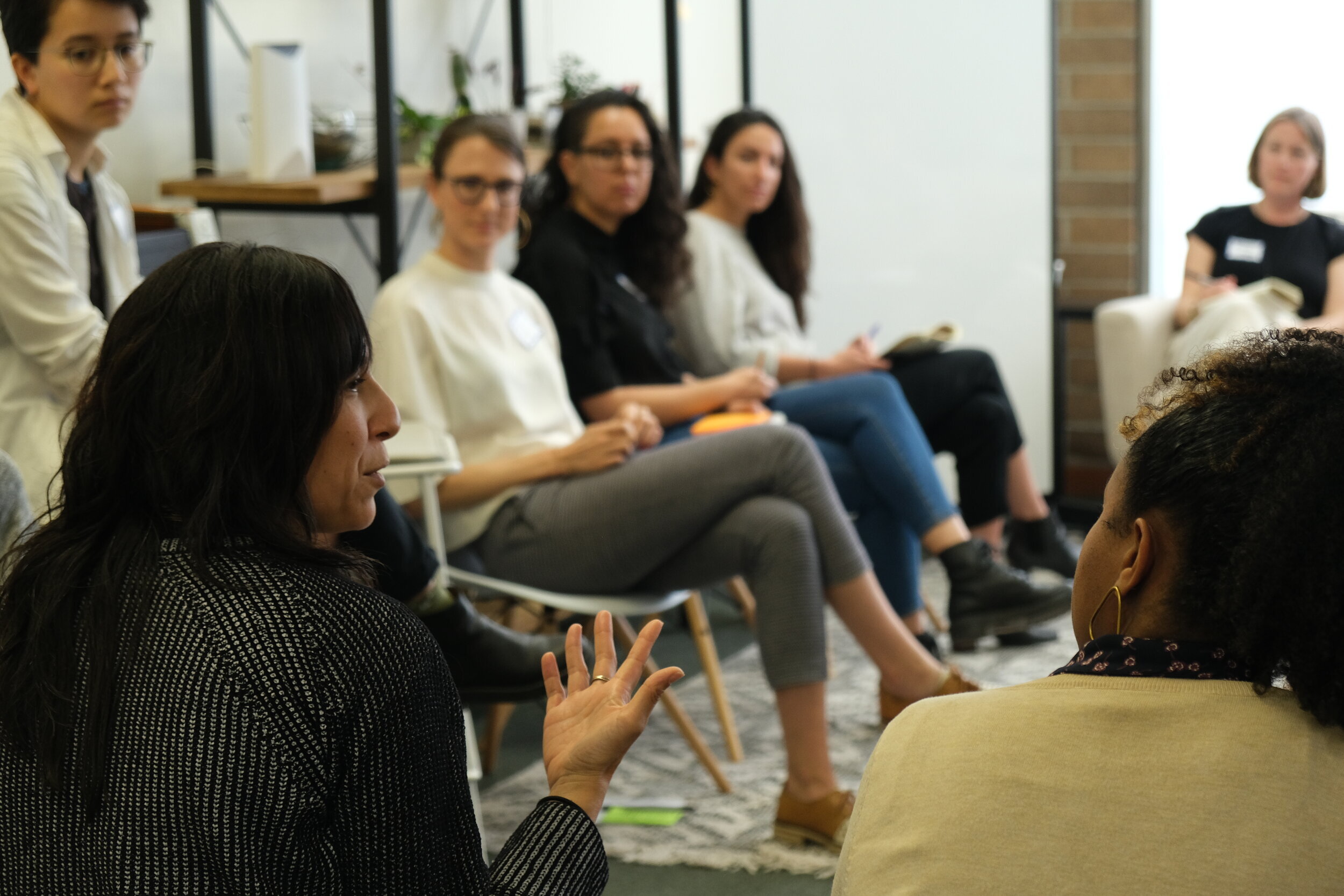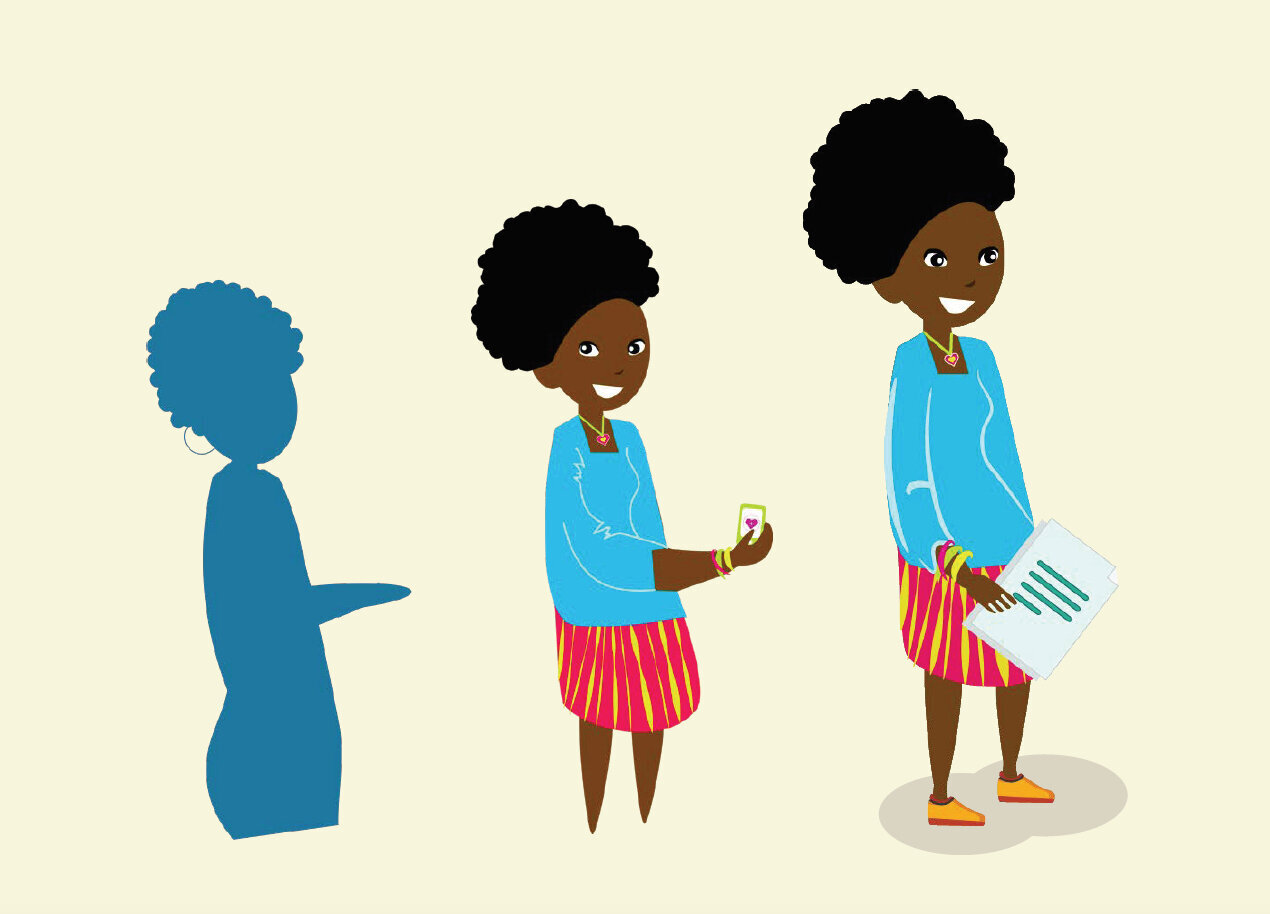Stories

Self-care solutions to increase access to care
Imagine being a young woman facing disrupted education or unemployment at this challenging time. Now, add an unplanned pregnancy or a new HIV diagnosis to her situation. We are currently facing a global sexual reproductive crisis as young people can’t get access to contraception and HIV tests during the lockdown. Find out how digital self-care solutions can help secure access to these essential health services at this time.

Our global response to COVID-19
The world needs creative and nimble responses to make sure that young people can still get access to services that protect their health and economic opportunity at this time of global disruption. Here is how our team is supporting youth health and wellbeing amidst COVID-19.

Impact and innovation podcast: Designing for health
YLabs Executive Director Rebecca Hope and Design Lead Theo Gibbs were recently interviewed for the Yale School of Management’s Impact and Innovation podcast.

Viewpoint: Learning the YLabs' flavor of youth-centered design
“I was always a bit skeptical of human-centered design,” wrote Cara Nolan, a Masters of Development Practice student at UC Berkeley.

Power and equity in design
“There are so many people out there who are excited about design, but not enough conversations about the importance of privilege and power in the design process, and how to consider equity when building valuable and sustainable solutions.” Find out how YLabs is working to widen the conversation around power and equity in design.

Three ways Sarari is increasing community support for family planning
“Through our research, we found family planning is not an individual decision,” said Senior Designer Sarah Fathallah. “Even though a religious leader may not directly influence a young couple’s choice to have more children, they do play an important role in setting community norms and values, which may guide decisions about family size.”

Who decides about family planning in Niger? The Imam, the parents, or the wallet?
Imagine you are in a country where women have, on average, 7.6 children. How would you promote the use of family planning?

Getting to know our team: Mireille Sekamana
As an award-winning debater, Mireille Umutoni Sekamana asks a lot of whys. Why do rates of unintended pregnancy remain stubbornly high in Rwanda? Why do shame and stigma limit conversations around sexual and reproductive health? Why are pharmacists surprised to see young people in the waiting room and why do they try to turn them away when they ask for contraception?

Video: How can we rethink sex education?
Check out our project video to find out why we think that sex education needs to change, how we’re trying to change it, and what pleasure has to do with it.

Digitizing reproductive health education
CyberRwanda uses technology and storytelling to connect teens with accurate reproductive health information and health products.

Real Talk on Rights at the International Conference on Family Planning
At the 5th Annual International Conference on Family Planning, YLabs joined a panel hosted by the David and Lucile Packard Foundation panel to discuss quality and rights in family planning and reproductive health. The panel explored CyberRwanda and Shaadi Photo, a project led by Pathfinder International India.

Is it ethical to pay adolescents to take HIV treatment?
When antiretroviral treatment is life-saving and free, why is adherence so hard for adolescents living with HIV? In 2016, YLabs began working with adolescents living with HIV in Rwanda and South Africa to understand what prevents them from taking their treatment.

Human-centered design, high school kids and Harvard professors
In public health, youth involvement in design is in its infancy. Too often, programs are designed by smart grown-ups around a whiteboard, with a scientific literature review of what's already been done. Youth might be consulted through focus groups, but sometimes not until after the program's been designed.
